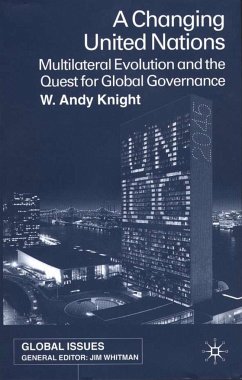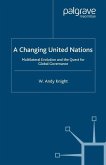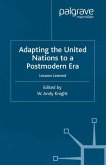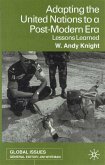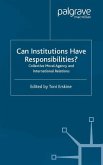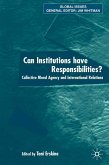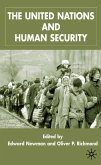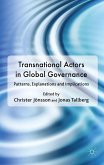The United Nations is at a critical juncture. It is faced with two distinct choices: to remain a 'decision frozen in time' or to develop a long-term adaptation agenda (and strategy) that would allow it to be a relevant institution of global governance for the twenty-first century. Reform and reflexive institutional adjustments have failed to address underlying problems facing this organization. After fifty-five years of existence it is still considered an inefficient and ineffective world body. Worse yet, its relevance is being questioned. This study offers a critique of existing UN change processes and then shifts focus to considerations of institutional learning strategies that would allow the UN to maintain relevance amidst the evolution of global governance arrangements.
'Professor Andy Knight is an ideal guide to the most challenging area of international relations, the quest for global governance. As conflict within nations becomes far more prevalent than conflict among nations, the United Nations must deal with emerging ideas of peace-building and the imperative of constructing civil society from the aftermath of civil war. In an increasingly borderless world, the ability of the UN to cope with crises beyond its traditional mandate will be tested time and again. Professor Knight brings rigorous scholarship and clear thinking to identifying and describing the architecture of a new world order.' - Satya Das, author of Dispatches from a Borderless World
'Knight's book, at times very insightful and eloquent, makes a modest contribution in helping us confront this puzzle.' - American Political Science Review
'Knight argues his case carefully and lucidly.' - International Journal
'...a carefully measured proposal, contrasting it systematically with those that have come before...Practitioners and theorists alike will be well served to undertake a careful reading of Professor Knight's latest work.' - Dr Kendall Stiles, Associate Professor of Political Science, Loyola University Chicago
'Knight's book, at times very insightful and eloquent, makes a modest contribution in helping us confront this puzzle.' - American Political Science Review
'Knight argues his case carefully and lucidly.' - International Journal
'...a carefully measured proposal, contrasting it systematically with those that have come before...Practitioners and theorists alike will be well served to undertake a careful reading of Professor Knight's latest work.' - Dr Kendall Stiles, Associate Professor of Political Science, Loyola University Chicago

